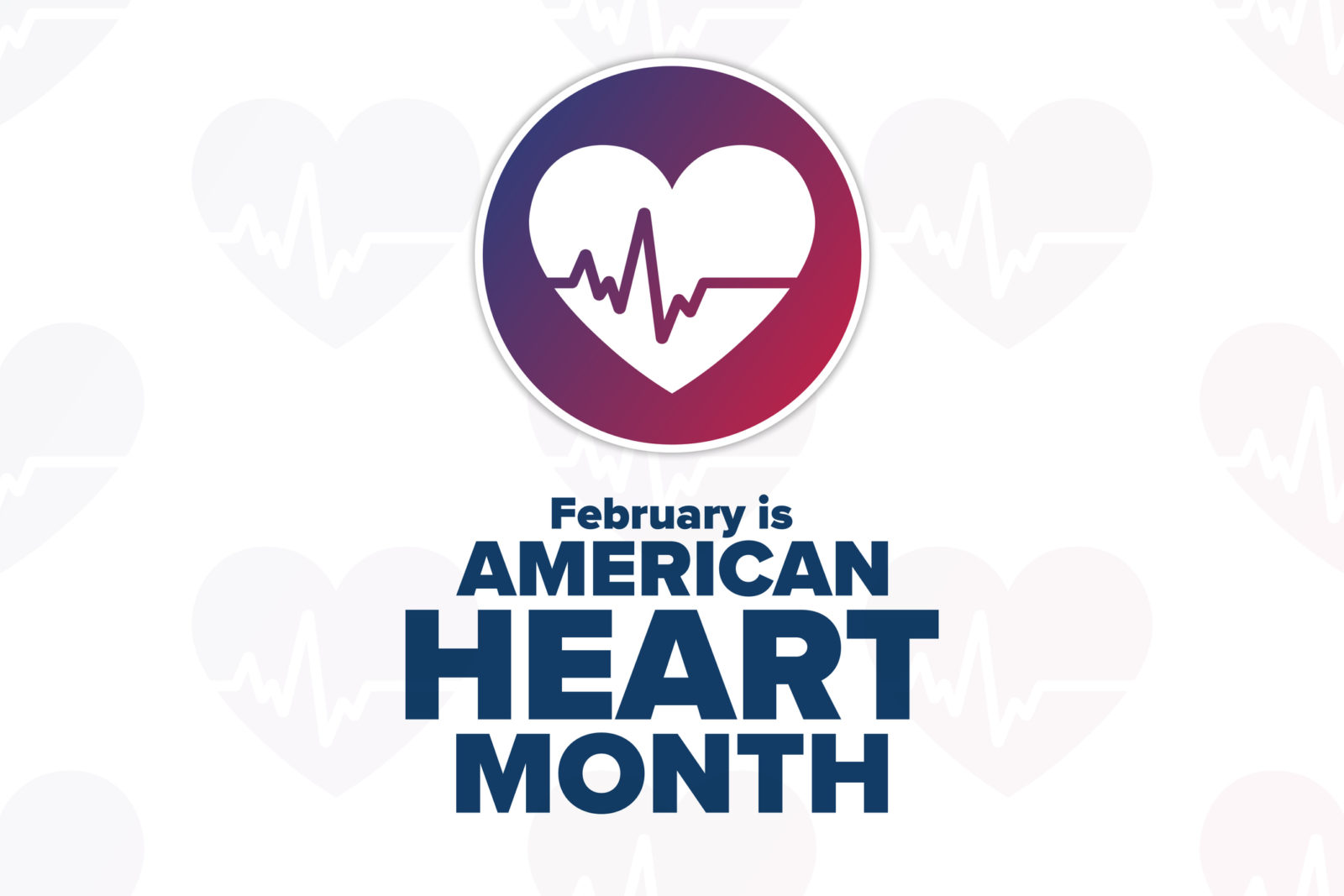How to Prevent High Blood Pressure

February is American Heart Month – a great time to talk about heart health and ways to prevent heart disease. Preventing high blood pressure, which is also called hypertension, can lower your risk for heart disease and stroke. The Centers for Disease Control and Prevention (CDC) suggests the following healthy living habits to prevent high blood pressure.
Eat a healthy diet
Choose healthy meal and snack options to help you avoid high blood pressure and its complications. Be sure to eat plenty of fresh fruits and vegetables.
Talk with your health care team about eating a variety of foods rich in potassium, fiber, and protein and lower in salt (sodium) and saturated fat. For many people, making these healthy changes can help keep blood pressure low and protect against heart disease and stroke.
Keep yourself at a healthy weight
Being overweight increases your risk for high blood pressure. To determine whether your weight is in a healthy range, doctors often calculate your body mass index (BMI). If you know your weight and height, you can calculate your BMI at CDC’s Assessing Your Weight website. Doctors sometimes also use waist and hip measurements to assess body fat.
Talk with your health care team about ways to reach a healthy weight, including choosing healthy foods and getting regular physical activity.
Be physically active
Physical activity can help keep you at a healthy weight and lower your blood pressure. The Physical Activity Guidelines for Americans recommend that adults get at least 2 hours and 30 minutes of moderate-intensity exercise, such as brisk walking or bicycling, every week. That’s about 30 minutes a day, five days a week. Of course, COVID restrictions are limiting our options for activities. But anything helps – if you want to stay inside, try marching in place, gentle stretching, or lifting household items as “weights.” Be sure to check with your doctor first.
Do not smoke
Smoking raises your blood pressure and puts you at higher risk for heart attack and stroke. If you do not smoke, do not start. If you do smoke, quitting will lower your risk for heart disease. Your doctor can suggest ways to help you quit.
Limit how much alcohol you drink
Do not drink too much alcohol, which can raise your blood pressure. Men should have no more than two alcoholic drinks per day, and women should have no more than one alcoholic drink per day.
In the United States, a standard drink contains 0.6 ounces (14.0 grams or 1.2 tablespoons) of pure alcohol. Generally, this amount of pure alcohol is found in:
- 12 ounces of beer (5% alcohol content).
- 8 ounces of malt liquor (7% alcohol content).
- 5 ounces of wine (12% alcohol content).
- 1.5 ounces of 80-proof (40% alcohol content) distilled spirits or liquor (e.g., gin, rum, vodka, whiskey).
Get enough sleep
Getting enough sleep is important to your overall health, and enough sleep is part of keeping your heart and blood vessels healthy. Not getting enough sleep on a regular basis is linked to an increased risk of heart disease, high blood pressure, and stroke.
Talk with your health care team right away if you think you have high blood pressure or if you’ve been told you have high blood pressure but do not have it under control.
By taking action to lower your blood pressure, you can help protect yourself against heart disease and stroke.
![Charlesgate [logo]](https://www.charlesgate.net/wp-content/uploads/sites/218/2016/12/logo-new.png)